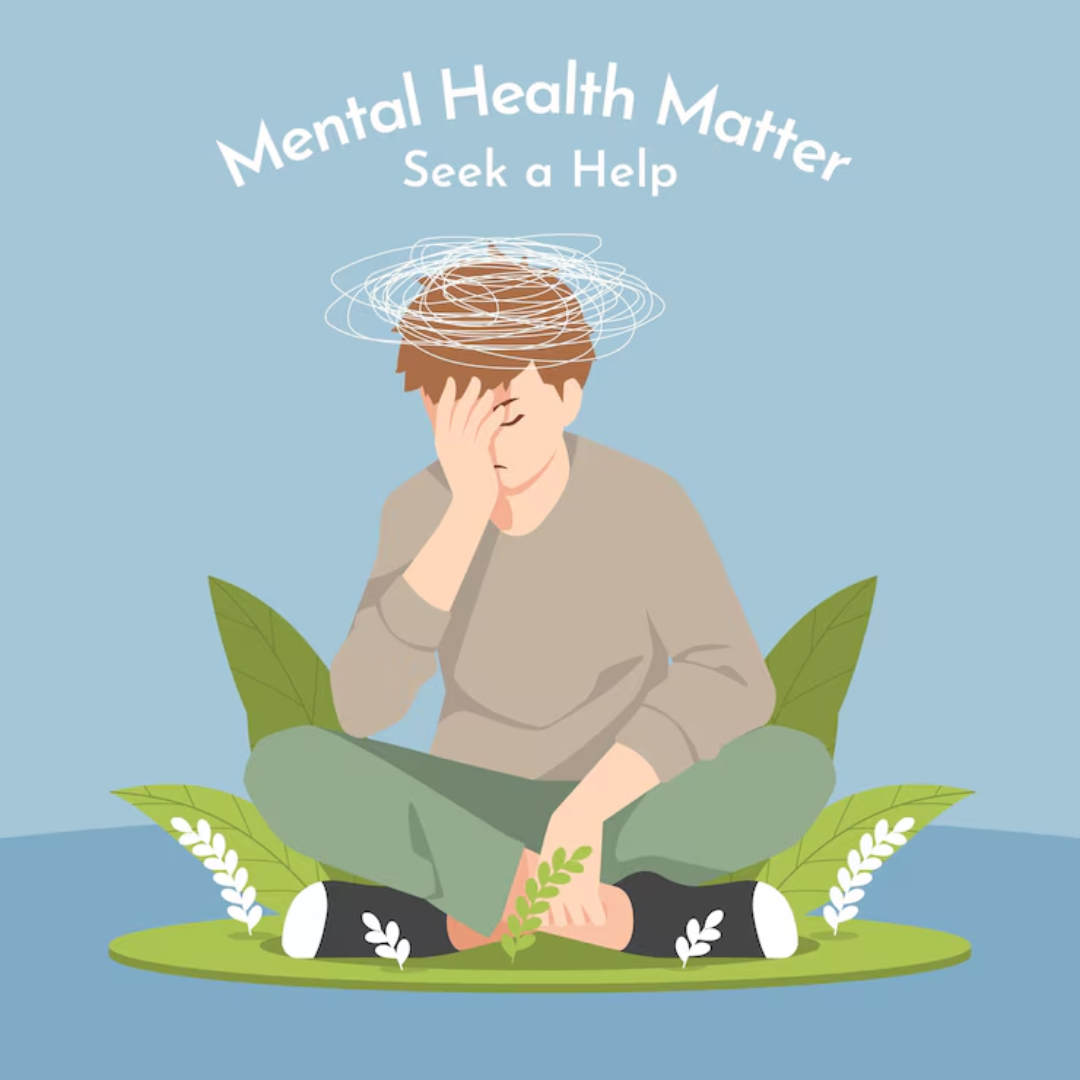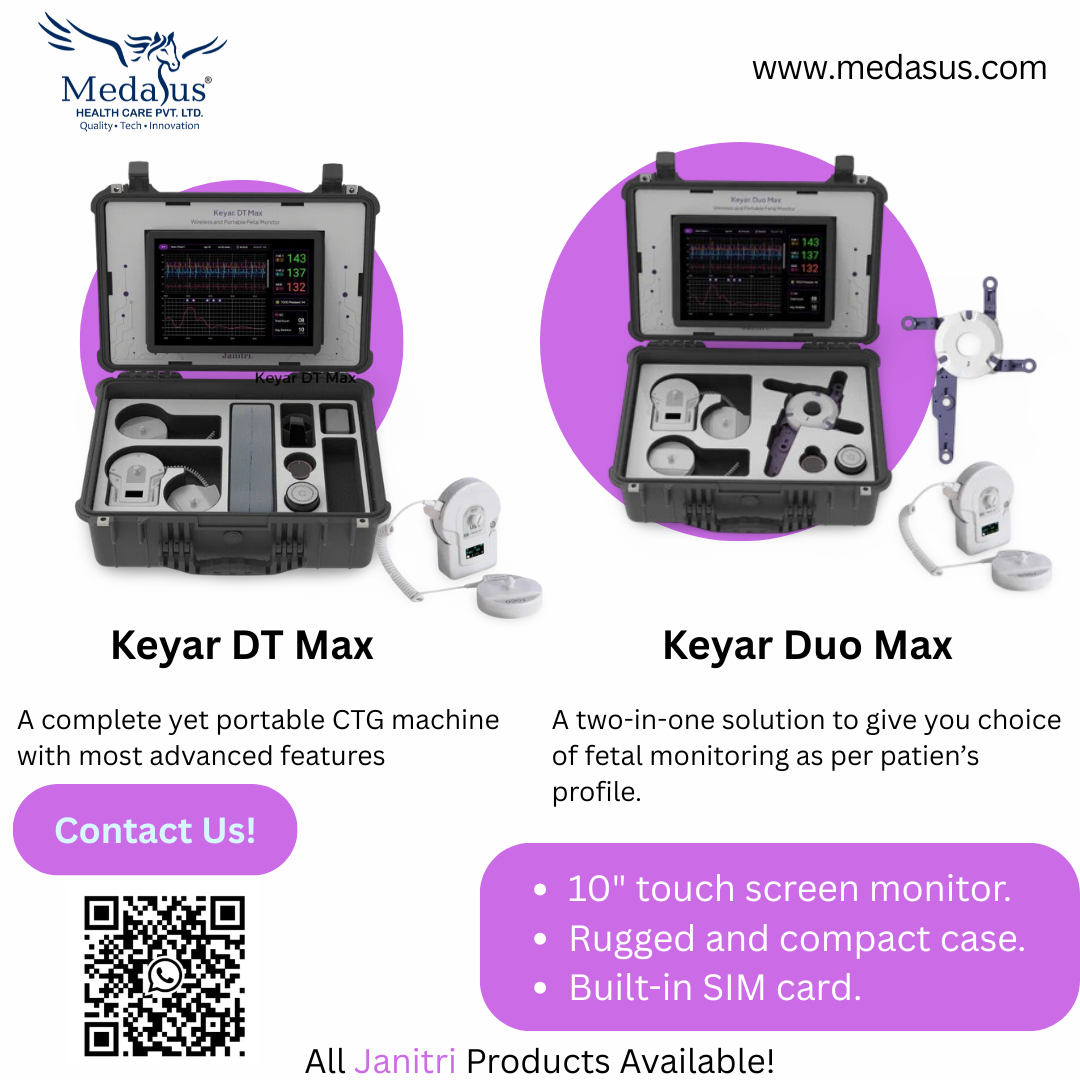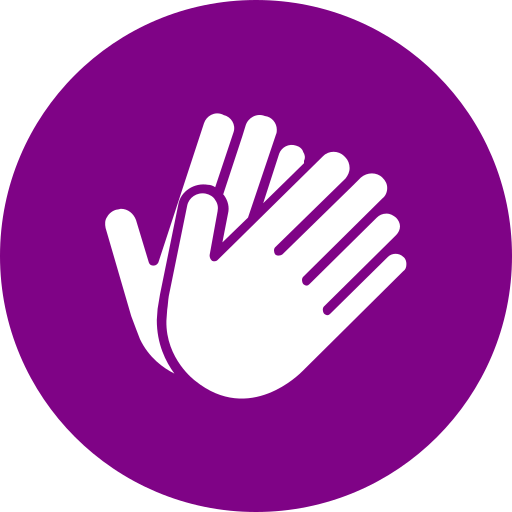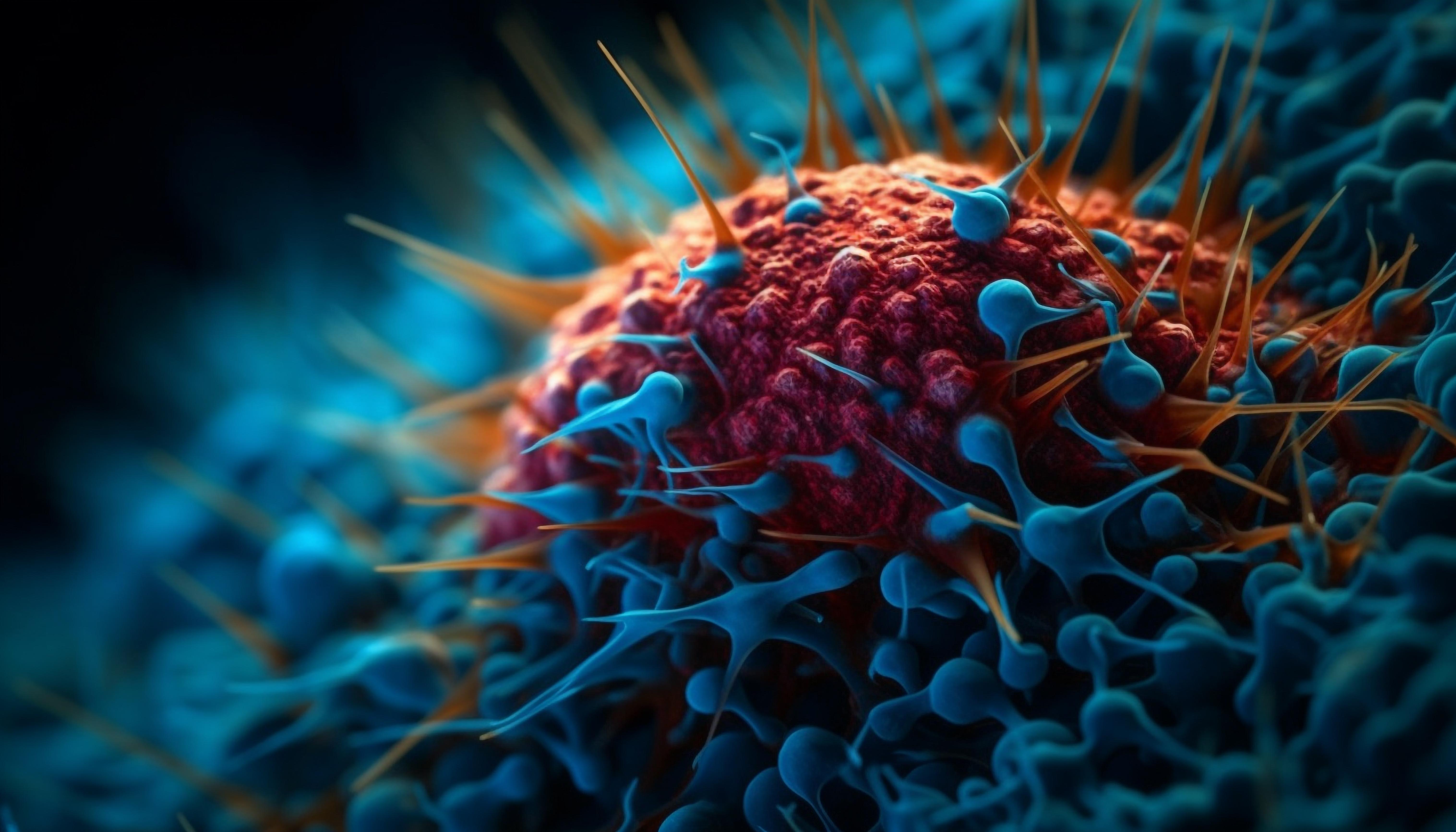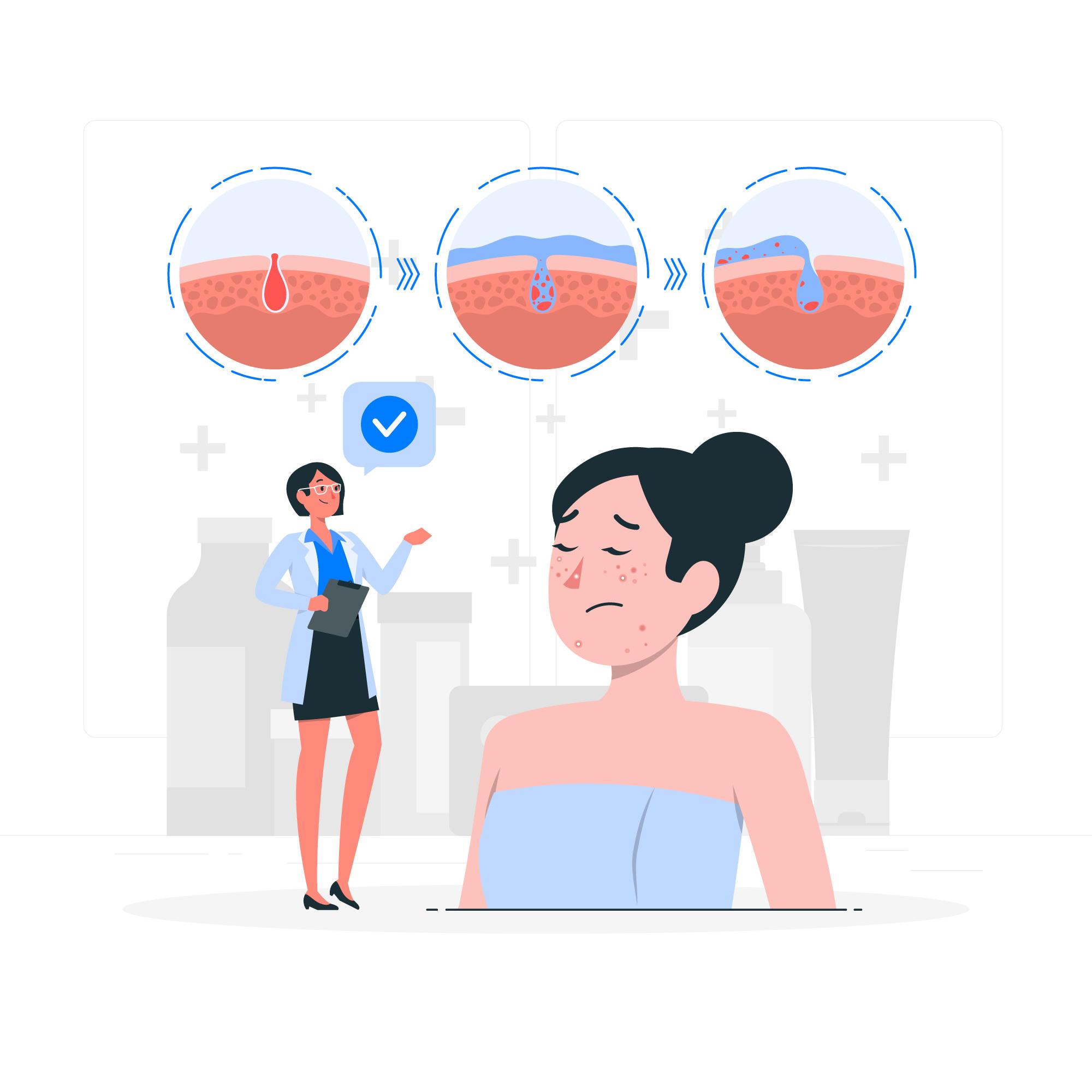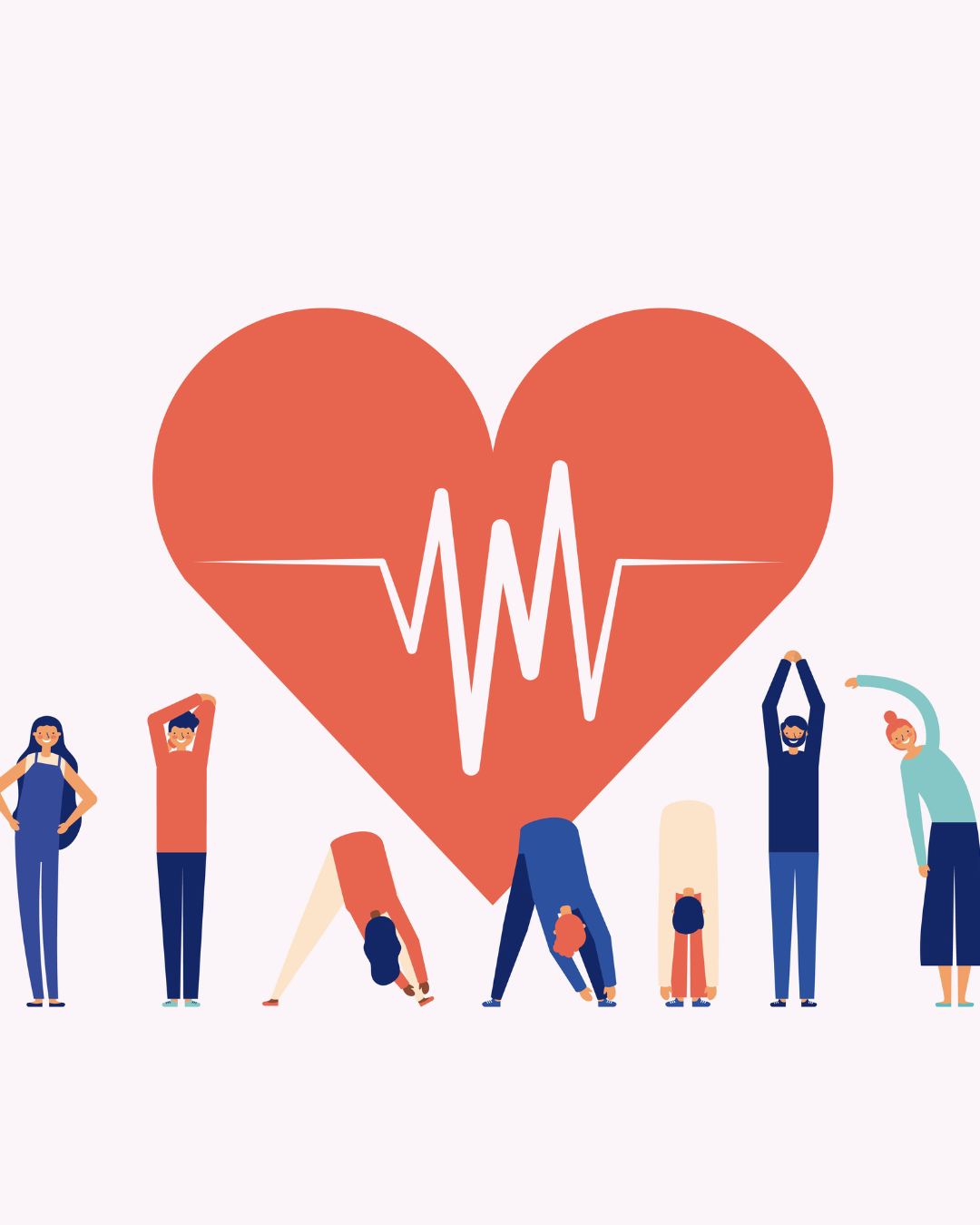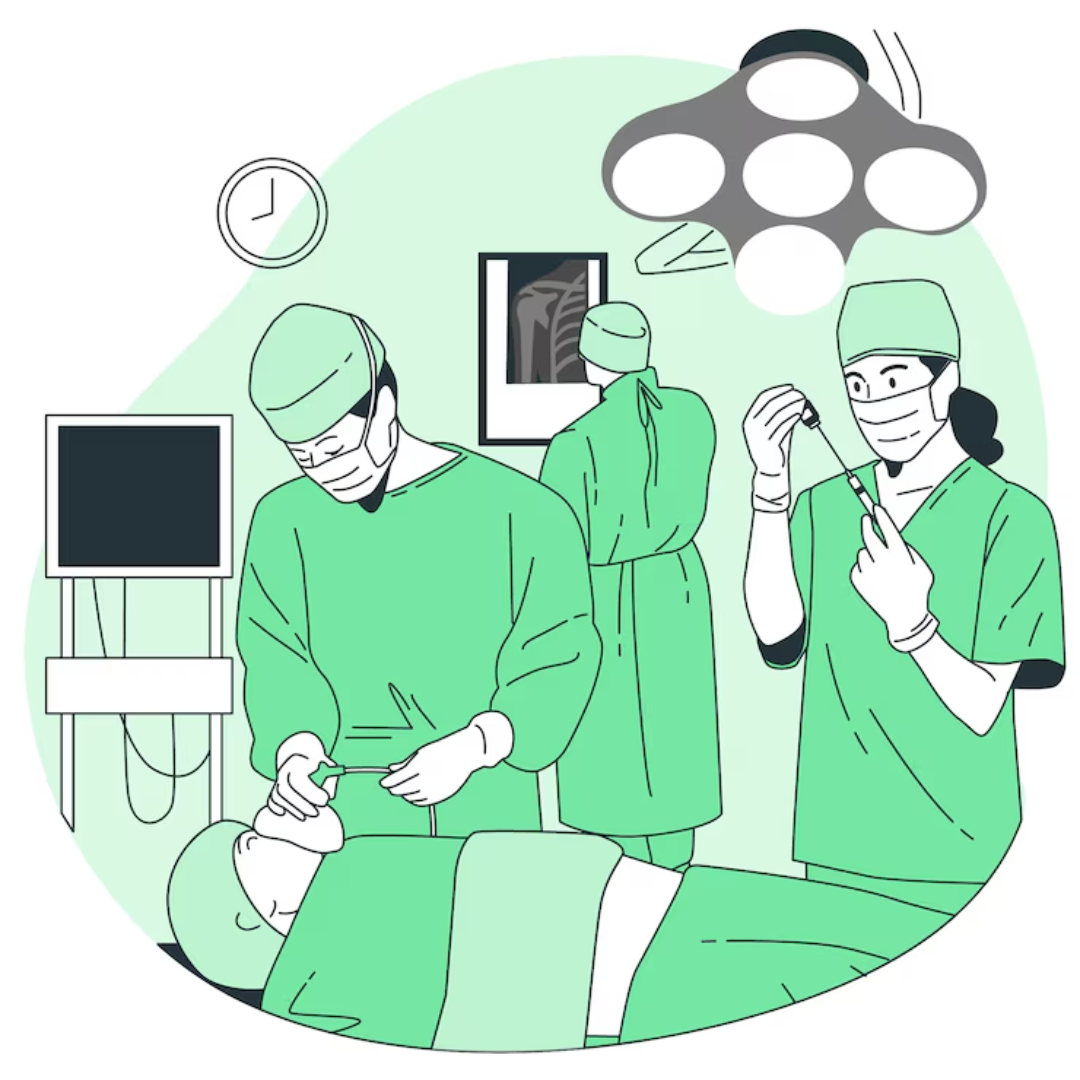Mental Health Awareness – Quick Q&A
Q: What is mental health?
🟢 Mental health includes our emotional, psychological, and social well-being. It impacts how we think, feel, act, handle stress, relate to others, and make choices.
Q: How do I know if I’m struggling with mental health?
🔍 Look for signs like:
Feeling sad or anxious for long periods
Sudden mood swings or irritability
Fatigue or sleep issues
Losing interest in hobbies
Difficulty focusing
Withdrawing from social activities
Q: What are some common mental health conditions?
📋 Examples include:
Anxiety disorders
Depression
Bipolar disorder
PTSD
OCD
Eating disorders
Q: How can I take care of my mental health?
Tips for support:
Stay physically active
Get 7–9 hours of quality sleep
Eat nutritious food
Practice mindfulness or journaling
Talk to a friend or therapist
Take breaks from screens and news
Q: Is it okay to ask for help?
💬 Absolutely. Seeking help from a mental health professional is a positive, proactive step toward healing. You don’t have to go through it alone.
🌟 Your mental health matters—every day. Take care, speak up, and support others.
Q: What is mental health?
🟢 Mental health includes our emotional, psychological, and social well-being. It impacts how we think, feel, act, handle stress, relate to others, and make choices.
Q: How do I know if I’m struggling with mental health?
🔍 Look for signs like:
Feeling sad or anxious for long periods
Sudden mood swings or irritability
Fatigue or sleep issues
Losing interest in hobbies
Difficulty focusing
Withdrawing from social activities
Q: What are some common mental health conditions?
📋 Examples include:
Anxiety disorders
Depression
Bipolar disorder
PTSD
OCD
Eating disorders
Q: How can I take care of my mental health?
Tips for support:
Stay physically active
Get 7–9 hours of quality sleep
Eat nutritious food
Practice mindfulness or journaling
Talk to a friend or therapist
Take breaks from screens and news
Q: Is it okay to ask for help?
💬 Absolutely. Seeking help from a mental health professional is a positive, proactive step toward healing. You don’t have to go through it alone.
🌟 Your mental health matters—every day. Take care, speak up, and support others.
Mental Health Awareness – Quick Q&A
Q: What is mental health?
🟢 Mental health includes our emotional, psychological, and social well-being. It impacts how we think, feel, act, handle stress, relate to others, and make choices.
Q: How do I know if I’m struggling with mental health?
🔍 Look for signs like:
Feeling sad or anxious for long periods
Sudden mood swings or irritability
Fatigue or sleep issues
Losing interest in hobbies
Difficulty focusing
Withdrawing from social activities
Q: What are some common mental health conditions?
📋 Examples include:
Anxiety disorders
Depression
Bipolar disorder
PTSD
OCD
Eating disorders
Q: How can I take care of my mental health?
✅ Tips for support:
Stay physically active
Get 7–9 hours of quality sleep
Eat nutritious food
Practice mindfulness or journaling
Talk to a friend or therapist
Take breaks from screens and news
Q: Is it okay to ask for help?
💬 Absolutely. Seeking help from a mental health professional is a positive, proactive step toward healing. You don’t have to go through it alone.
🌟 Your mental health matters—every day. Take care, speak up, and support others.





